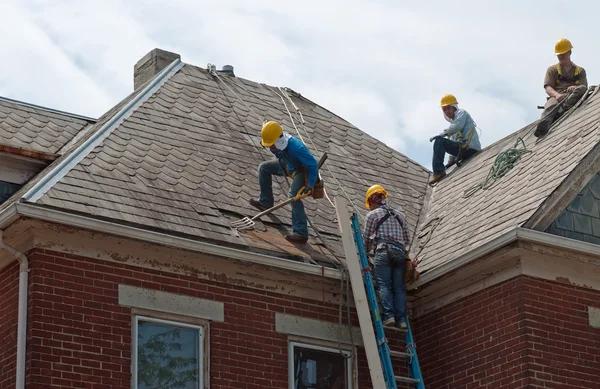Power failures can be a significant inconvenience, disrupting our daily routines and causing discomfort. In some cases, they can even pose severe risks to our homes and health. For instance, power outages in winter could lead to freezing pipes or no heat, while during summer months, food spoilage due to the lack of refrigeration might occur. Fortunately, there’s a way to protect your home from such disruptions: installing a backup generator.
A backup generator is an independent power source that kicks into action when your primary power supply fails. It ensures that essential appliances like refrigerators, heaters or air conditioning units continue running smoothly during blackouts. The benefits of having this system installed in your home are far-reaching.
Firstly, it brings comfort and convenience during unexpected power outages. With a backup generator at hand, you won’t have to worry about stumbling around in the dark looking for candles or flashlights. You’ll be able to carry on with your regular activities almost seamlessly as if there were no interruption at all.
Secondly, it prevents damage to your property caused by sudden loss of electricity. For instance, basements may flood due to non-operational sump pumps during storms which often cause blackouts; however, with a standby generator find out in place these potential damages can be avoided since the pump will keep working regardless of the outage.
Thirdly,it aids individuals who rely on electrically powered medical equipment such as oxygen machines or mobility devices ensuring their safety and well-being are not compromised when power cuts occur unexpectedly.
There are two types of generators homeowners typically choose from: portable generators and standby generators. Portable models are less expensive but require manual setup each time there’s an outage – you need to run extension cords from the machine outside into your house through windows or doors which isn’t always convenient especially during harsh weather conditions.
Standby generators on the other hand automatically turn on within seconds after detecting a power failure providing seamless transition between utility and generator power. They are more expensive but provide a higher level of convenience and protection.
Regardless of the type you choose, it’s important to ensure that your generator is installed by a professional. Improper installation can lead to safety hazards such as carbon monoxide poisoning or fire risks. A professional will also guide you in choosing the right size of generator for your home based on your specific needs.
In conclusion, investing in a backup generator is an effective way to safeguard your home from power failures. It offers peace of mind knowing that even during severe weather conditions or unexpected blackouts, your home will still have access to essential electricity supply ensuring comfort, convenience and above all safety for you and your family.




